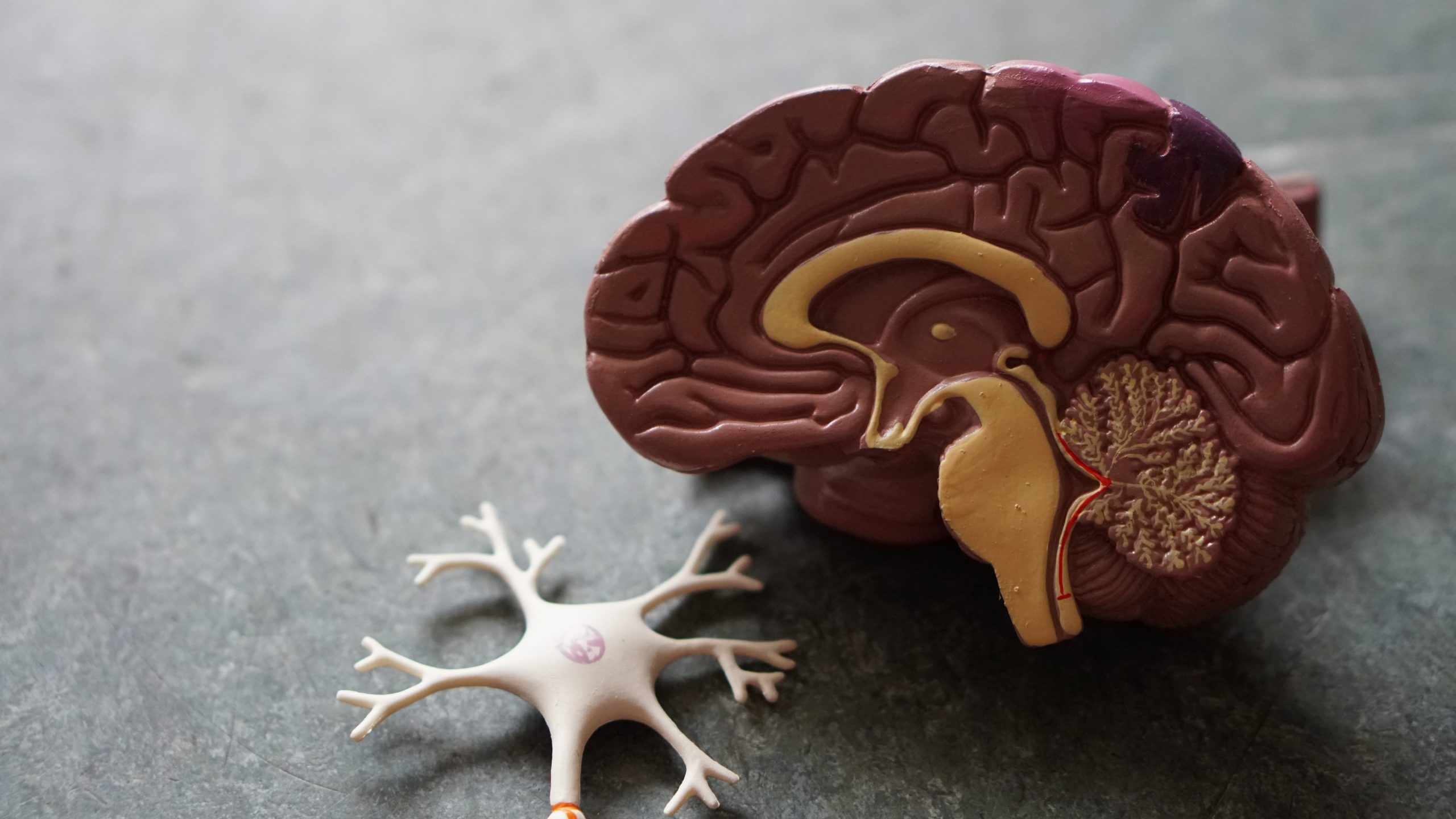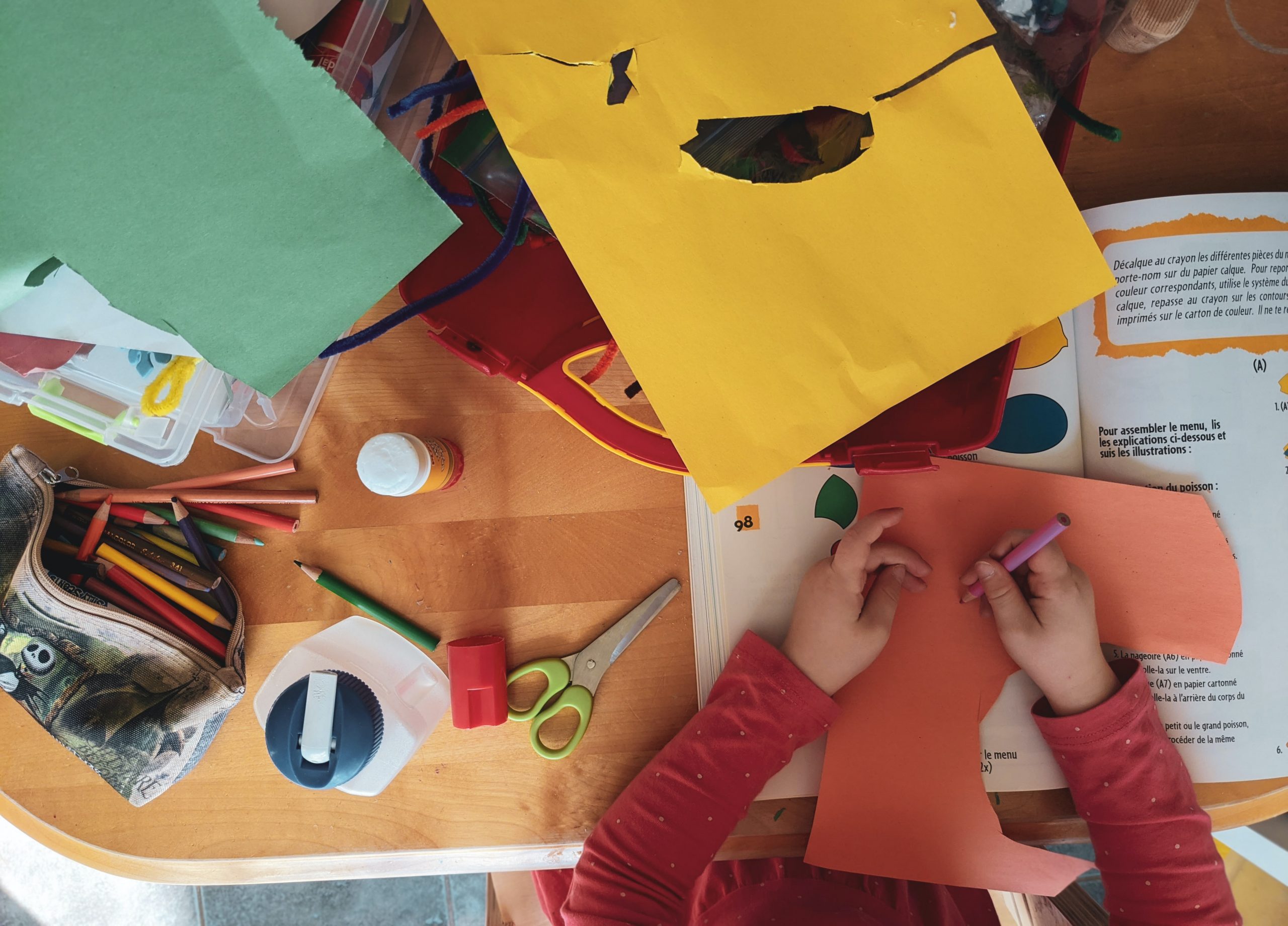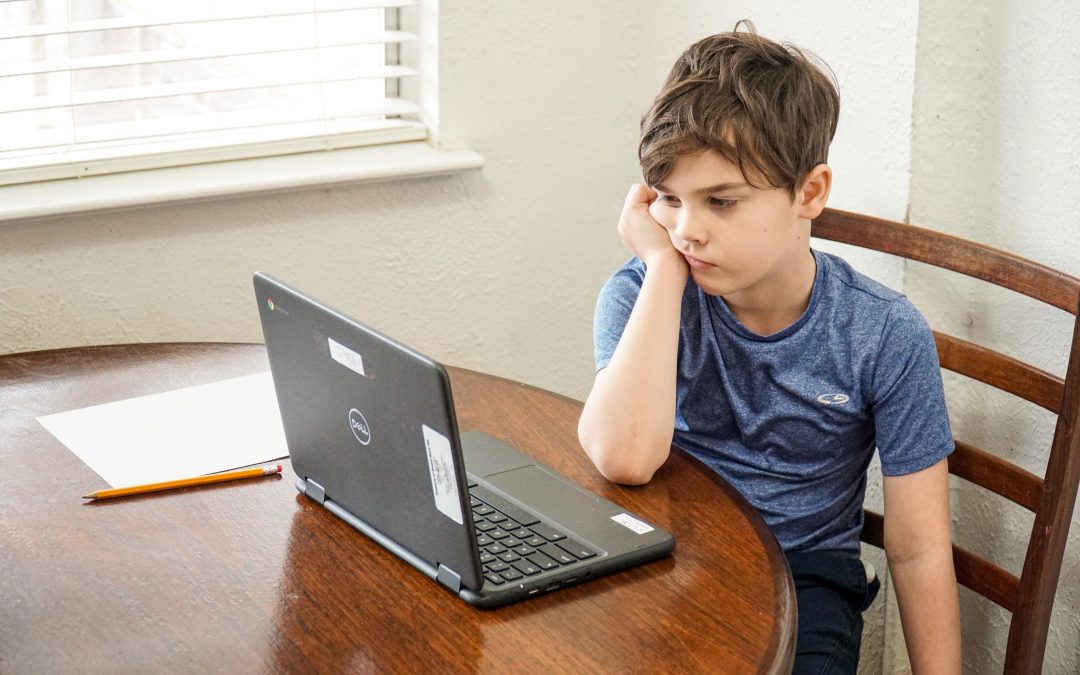Why is it so hard to get our children to do things sometimes? Why does it take Jessica three hours just to clean her room? Why can’t Carter just do his homework? How come Monique throws a tantrum when it’s time to brush her teeth? All of these things are related to a set of skills known as Executive Functioning.
Executive Functioning is a broad set of skills involving memory, planning, regulating your emotions, staying focused on tasks and more. Essentially, it’s how we function and stay on track in our day to day lives. These skills grow over time as we get older and don’t fully develop until our early 20s. This is why a task that may seem easy for you might be more difficult for your child, whose brain is still developing and learning. Executive Functioning can be especially difficult for folks with neurological differences like ADHD.

Okay, so now you know the fancy psychology term, but how do you actually help your child get stuff done when they need to without having a total meltdown? I asked a few of our therapists here at Comprehensive Therapy Center about what advice they have for parents who are looking to help improve their child’s executive functioning skills.
1. Communicate
Communication is going to be the best place to start. There is a very low possibility that your child throws a fit at dinnertime just to spite you. It’s important to meet your child where they’re at to better understand why starting a task might be difficult for them.
“It’s always helpful to acknowledge the child’s feelings about the transition so they feel validated versus ignored,” says Sam, an Occupational Therapist here at CTC, “such as ‘I notice you’re upset about being done with the blocks. But now we get to eat some yummy food.’” Sometimes a child needs a few moments between tasks to recalibrate and that’s totally fine!
Maybe they’re avoiding a task that’s difficult for them, like doing homework for a class they’ve been struggling with. Maybe it’s a big project and they just aren’t sure where to start. Whatever the case may be, talking with your child to find out what’s going on is the first step to making a plan of action that works for them.

2. Limit Distractions
It could be that it’s just too noisy for your child to focus on their homework. If your child is having trouble focusing on a task, make sure that distractions are limited and that their other needs are being met. It’s possible that your child is feeling grumpy because they’re just tired or hungry.
“Part of executive functioning is self-regulation,” says Sarah, our Dance/Movement Therapist, “so I take a mindfulness approach to it and help the child identify their own internal signals so they can become better in tune with their bodies.”
3. Break it Up
Sometimes a task that seems simple to an adult can be overwhelming for a child. For example, cleaning their room. Try breaking up the task into smaller steps. First, we pick up our toys off the floor. Then, we’ll make our bed. Focus on one small task at a time.
Both Sam and Sarah suggest having visual aids to help stay organized and on task. Sarah suggests, “visual timers for how long they can do something. Visual schedules so they can see what a day will look like is also good. Setting up as much of a routine as possible is best.”
Sam added, “Promoting opportunities for choice making would be one great way to help develop this skill. Presenting a child with options for snack time, a book to read, which activity to do first, what shirt to wear etc.” Letting your child make the decisions gives them agency and might help them feel more confident and in control.

4. Make it Fun!
Nobody wants to do things that are boring, even if they have to. Making things into a game is a great way to get motivated. For example, if you’re having a hard time getting your child to go from watching tv to sitting down for dinner, Sam suggests “making a game out of the transition such as playing I spy, pretending to be walking through a jungle, or skipping, marching or jumping instead of walking.”

She adds, “Helping a child promote planning skills might look like asking the child how they would do something such as build a pretend house or what they would need to complete a task such as coloring a picture or building a snowman.”
Sarah uses dance and movement to help her clients with emotional regulation. “Playing games like Freeze Dance or The Floor is Lava are great ways to strengthen body awareness and at the same time gain better control of how our body moves and interacts with space.”
5. Lead By Example
Struggling with starting a project, focusing on a task or regulating our emotions at times is a human trait not limited to children. If we can openly acknowledge and cope with our own shortcomings, it suddenly becomes a lot easier to help our children with theirs.
“Leading by example is powerful,” says Sarah. “Modeling is a great form of teaching for children, showing them what we want, not just telling them they have to do something. We all have our emotions get the best of us sometimes, so saying to a child ‘I am feeling overwhelmed, I am going to take a 15 minute break’ is a very powerful thing to do. We really don’t HAVE to be in ‘control’ of our emotions all the time, that’s not realistic and is setting children up for failure because even as adults we aren’t always in control. What we want to do is show and teach ways to not let the negative emotions have a negative impact on our lives.”
At the end of the day, the best way to help improve your child’s executive functioning skills is to find out what works best for them personally. Everyone learns, works and plays differently. Taking the time to figure out what helps your child specifically is key. Take it one day at a time, be patient and remember that we’ve all been there. Sometimes we just really don’t want to do the dishes.



Recent Comments